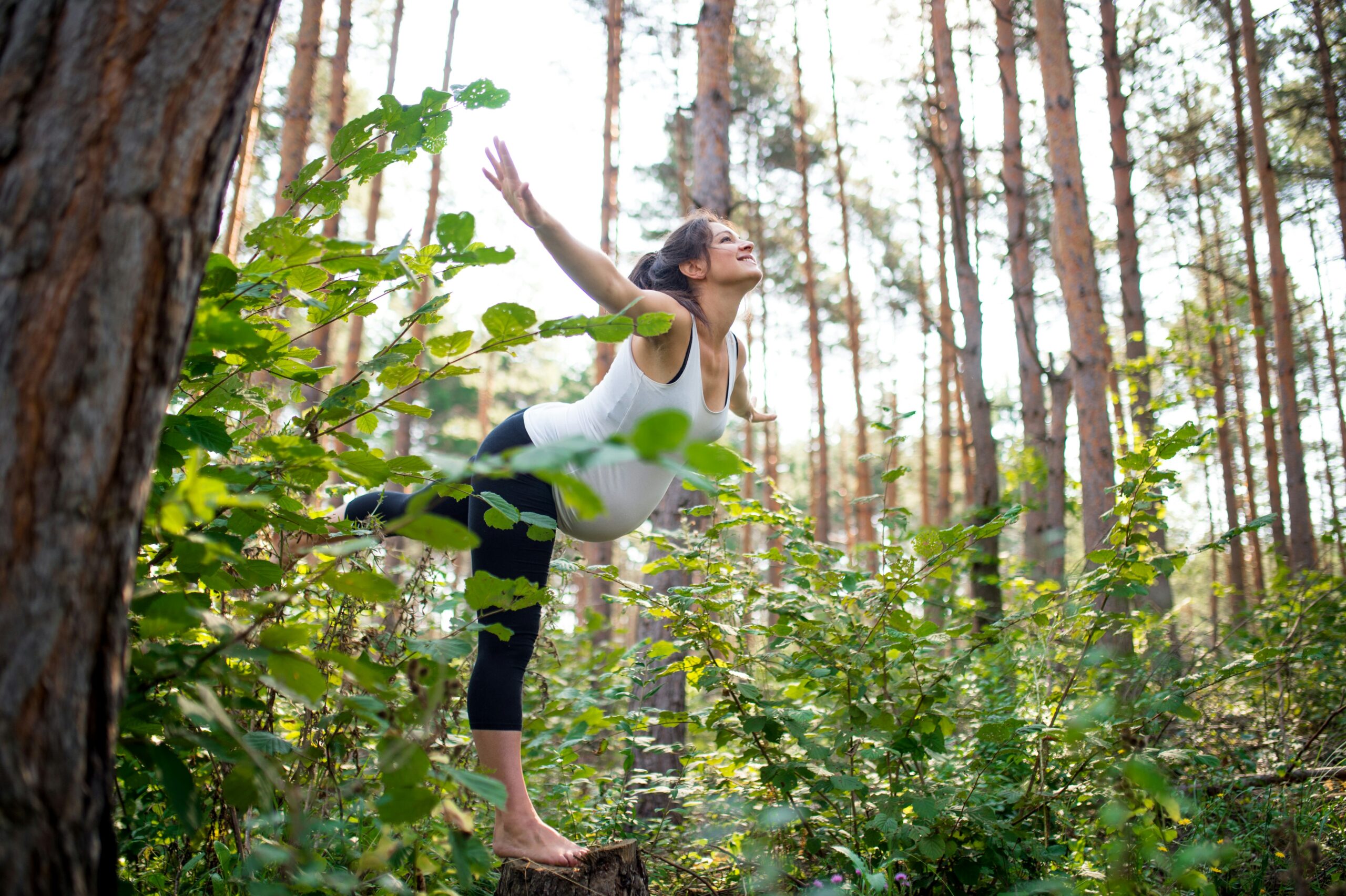
A Breath of Fresh Air We Often Forget
In our busy, screen-filled lives, the simple act of stepping outside can feel like a luxury. Yet, spending time in nature isn’t just about pretty views—it’s a deeply restorative experience. Fresh air, natural light, and the absence of constant notifications offer the mind and body a reset that few other things can match. Whether it’s a quick stroll around the block or a weekend hike, being outdoors reconnects us with something essential: balance.
Nature as the Original Stress Reliever
We’ve all felt that sense of calm when standing under trees or hearing waves crash on a shoreline. Nature lowers cortisol (the stress hormone) and helps regulate heart rate and blood pressure. Instead of forcing relaxation through apps or supplements, sitting in a park or tending a small garden can naturally ease tension. In a world where stress is constant, nature permits us to slow down.
The Mind-Body Connection in Motion
One of the best parts about the outdoors is how it encourages movement without feeling like a chore. Walking trails, biking along a river, or even tossing a ball around the park turn physical activity into something joyful. Unlike a treadmill, nature provides variety, unpredictability, and sensory stimulation. Moving outdoors strengthens muscles and joints and boosts mental clarity—two benefits in one experience.
A Boost for Mental Clarity and Creativity
Ever notice how your best ideas show up during a walk? Researchers call it “attention restoration”—the brain recovers from fatigue when immersed in natural surroundings. Offices, schools, and city streets demand constant focus, leaving little room for the mind to wander. Nature offers gentle fascination—rustling leaves, birdsong, shifting skies—that frees mental space. Writers, leaders, and problem-solvers often find breakthroughs not at their desks, but on a quiet path.
Nature as a Social Connector
Being outside isn’t always a solitary act. Parks, hiking trails, and beaches bring people together without screens. Families bond over picnics, friends catch up while walking, and neighbors connect at community gardens. These moments create a different kind of intimacy—free from the distractions of phones and deadlines. Shared outdoor experiences strengthen relationships and remind us we’re part of something bigger than ourselves.
Healing Through Small Everyday Habits
You don’t need to plan a mountain retreat to reap the benefits. Even short, consistent exposure to nature has powerful effects. Morning coffee on the porch, lunch breaks in a courtyard, or five minutes under the sun between meetings all add up. These micro-moments of nature give the nervous system a break, improve mood, and even enhance focus for the rest of the day. The key isn’t grandeur—it’s consistency.
Green Spaces as Medicine in Cities
For those living in urban areas, concrete and glass can feel overwhelming. But even small patches of greenery—community parks, rooftop gardens, or tree-lined streets—offer measurable health benefits. Studies show that people living near green spaces experience lower rates of depression and anxiety. City planners increasingly recognize that greenery isn’t just decoration—it’s public health infrastructure. A single tree on your street might do more for your well-being than you realize.
Rediscovering Our Place in the Natural World
At its core, time in nature reminds us we’re not separate from the environment but deeply connected to it. Watching a sunset, hearing rain on leaves, or feeling sand beneath your feet awakens a sense of belonging. This connection grounds us, reduces loneliness, and instills gratitude. Nature heals by reducing stress and improving health and reconnecting us to a perspective bigger than ourselves—a reminder that life is more than emails and to-do lists.